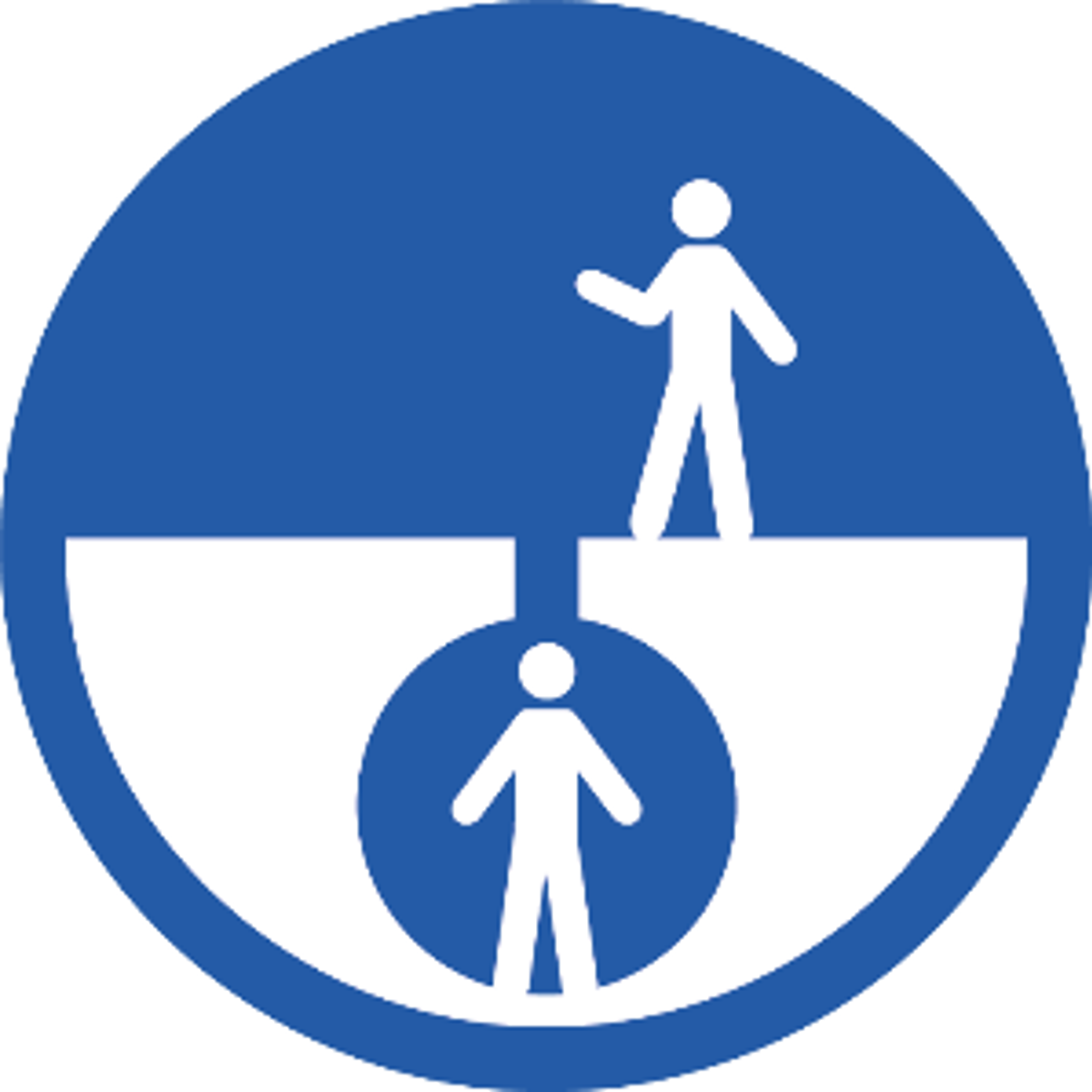Confined spaces: Silent and invisible killers
- Safety Flash
- Published on 18 June 2019
- Generated on 15 July 2025
- IMCA SF 14/19
- 3 minute read
Jump to:
The United States Coast Guard (USCG) has issued Marine Safety Alert 04-19 entitled Confined spaces: silent and invisible killers. It serves as a reminder that despite decades of work to improve confined space entry by maritime safety organisations, training institutions, and vessel owners/operators, the risks have not been eliminated.
This is illustrated by a recent casualty where three persons lost their lives while working on-board a laid-up mobile offshore drilling unit (MODU). Although the investigation is not yet complete, the following information is being conveyed with the continued hope that it will highlight this hazard with the aim to prevent recurrence.

Ten crew members were on-board the MODU preparing it for a heavy lift transport to an overseas ship breaking facility. Seven of the crew on-board were involved in dewatering the legs of the MODU. They were experienced mariners but lacked MODU experience.
The superintendent, captain, rigging master, fitter, and an AB (AB2) were on a dinner break while another AB (AB1) and the electrician were assigned to oversee the dewatering operation.
Without notifying anyone, a crewman (AB1) descended into a confined space (one of the legs of the MODU) to check something. An electrician became concerned when he failed to see the AB on deck and he descended into the leg himself, only to find the AB collapsed and unconscious. Although nearly overcome by the exhaust fumes himself, he was able to safely escape and notify others. A second AB (AB2) then descended to assist the first; a fitter went to notify the captain. The captain, superintendent and fitter then, notably without safety equipment, descended into the leg to assist AB1.
AB2 collapsed and became unconscious one level above where AB1 had collapsed. The fitter was also overcome and collapsed next to AB2. The captain and the superintendent then managed to escape the leg with assistance from the rigging master who had entered the leg with a self-contained breathing apparatus (SCBA) brought on-board from another vessel. In the end, both ABs and the fitter died whilst the captain and ship superintendent were airlifted to a hospital and survived.
Recommendations
The USCG strongly encourages all who work or may be employed on-board vessels in any role, whether they be senior shipboard officers or crew, riding crew, shore side managers, owners/operators, and other personnel to:
- Obtain the requisite level of knowledge and training of confined space entry procedures including emergency and rescue procedures.
- Ensure crews undergo periodic confined space training and participate in routine and practical on-board emergency drills.
- Verify all required confined space entry and rescue safety equipment is on-board, maintained, tested and fully functional;
Continually appreciate the dangers involved in confined space entry and educate yourself by further study – the web page here is recommended.
Members may wish to refer to:
- IMCA video: Confined spaces: The dangers
- IMCA HSS034: Working in confined spaces
IMCA Safety Flashes summarise key safety matters and incidents, allowing lessons to be more easily learnt for the benefit of the entire offshore industry.
The effectiveness of the IMCA Safety Flash system depends on the industry sharing information and so avoiding repeat incidents. Incidents are classified according to IOGP's Life Saving Rules.
All information is anonymised or sanitised, as appropriate, and warnings for graphic content included where possible.
IMCA makes every effort to ensure both the accuracy and reliability of the information shared, but is not be liable for any guidance and/or recommendation and/or statement herein contained.
The information contained in this document does not fulfil or replace any individual's or Member's legal, regulatory or other duties or obligations in respect of their operations. Individuals and Members remain solely responsible for the safe, lawful and proper conduct of their operations.
Share your safety incidents with IMCA online. Sign-up to receive Safety Flashes straight to your email.